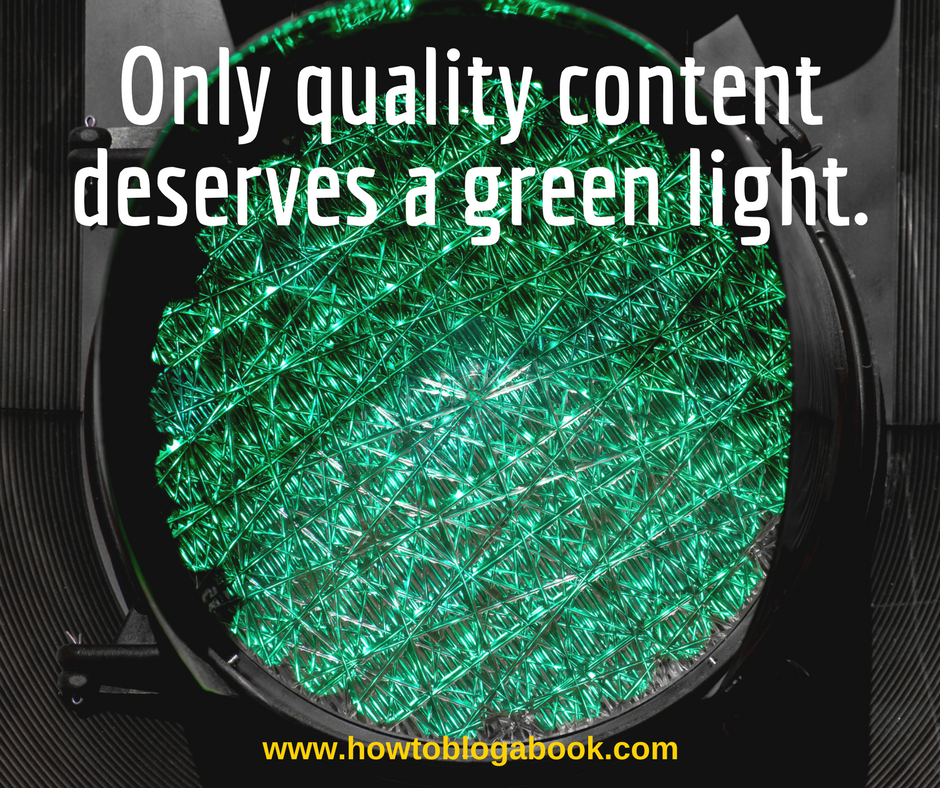If you are a blogger or content writer with more than a few months experience, there’s a good chance you are already familiar with Yoast SEO. This amazing plug-in for WordPress sites lets you know if your article is optimized for the world’s most popular search engine–Google. What this means in layman’s terms is this: If you get a “green light” from Yoast SEO, your page is more likely to have a higher search engine results page placement on Google.
Why is this important? Well, let’s say you use your blogging skill to earn an income as a copywriter or blogger. You get hired to write a bit of website copy—maybe a page—for a bakery. For this example, I’ll use a bakery local to me that is amusingly named “Big Baps.” Big Baps has a website to promote the fact it provides a catering service. It caters to companies in and around the South West of the United Kingdom.
A young man named Johnny Matthews is a potential customer for Big Baps. Johnny needs to cater a large function and wants a sizable amount of pastries and cakes produced. So what does he do? He types the following into Google: “Cakes South West UK catering.”
If Big Baps has those keywords on the various pages of its site or in blog posts, then it increase the bakery’s chance of being found on the first page of Google. In turn, this increases the bakery’s chances of being used by Johnny for his catering needs.
SEO is Not a Piece of Cake
I guess you are thinking, piece of cake. (Yes, that’s an intentional pun.) Why not just write some copy for the bakery site loaded with words like baking, cakes, catering, pastries, etc. That will surely get a green light and help the little bakery see megabucks flying in, right? Wrong.
The problem with that approach is that once our friend Johnny types his search into Google and sees the following bit of copy you wrote, what do you think he will do?
Catering Services
Here at Big Baps, our catering services are very good. We have some of the best catering services and pastries money can buy, so please use our catering services…
Yawn…
Sure, you managed to jam the keyword “catering” not so subtly into the piece numerous times. However, it is one of the most soulless pieces of content you could come across—and it’s not compelling either. Maybe Johnny isn’t perturbed by the shoddy writing and goes ahead with his order. More likely he hits the back button and uses a competitor—one whose site give him quality content in an interesting manner. (And that content likely got a green light as well or the site wouldn’t have appeared on the first page of Google.)
Keywords—and Green Lights—are Not Enough
As a writer, you could argue that it doesn’t matter. You’ve done the job and been paid. (Plus, your work did manage to get the site seen by Johnny.)
But what if you were writing a similar piece for your site and hoping to attract subscribers and return visitors to build your platform? What if you hoped your writing would entice readers to purchase your book? What if you sell products and services from your site, and want to get people to find you on Google and click through to purchase?
Can losing a book buyer or paying customer—or reader—be any better for you than losing a client is for your bakery client? The answer is, of course, no!
That’s why you have to focus on quality content. Value trumps keywords.
Gain and Retain Site Visitors
If you are a writer and blogger, it’s a safe assumption that you want to make money from your craft, right? At the very least you want to develop expert status and a loyal group of fans that purchase your books as you release them. You do that by gaining paying customers, blog readers, or book buyers—and retaining them. And you accomplish this by helping those interested in your topic or work find your site in a Google search, click through, and then stick around long enough to do something—like purchase a book.
For that you need quality content.
Sure, in the example above, the bakery only lost one potential customer; the loss might not put them out of business. But what happens when the bakery owner goes through the business accounts and sees the amount of money generates by the website? If that amount is low and they need to make cuts, where do you think they will be made? The copywriter or blogger will go.
Accomplish the Job
Maybe that example seems melodramatic and a bit removed from your situation; after all, you created and built your blog to help you succeed as an author. Even so, why take the risk of your writing not accomplishing the job? It could mean the end of your dream (even if you don’t fire yourself).
You might argue that the little “fluff piece” you wrote for Big Baps didn’t pay much and wasn’t worth your best work. Besides, it got a green-light in Yoast SEO, right? Wrong (again).
You always need to do your best work…for a client and for your readers. And your content need to provide value.
And what about that piece you wrote for your website…your blog? You got a green light from Yoast SEO. That’s enough, right? Wrong.
If the post generated no new subscribers, book buyers, or product sales, the green light doesn’t much matter, does it? If someone finds the post in a Google search but doesn’t bother to click through or read past the first line, the green light really does’t matter, does it? Such fluff posts, ones stuffed with keywords just to get that green light, compromise your ability to succeed as a blogger and author—especially if this is the type of content you publish frequently.
There’s More to SEO than Keywords
Let’s go back to the copywriting job for Big Baps. Instead of that fluff piece, you should have sent the bakery a great bit of content that used SEO subtly and put value and quality at the forefront. The result? Big Baps would see an increase in their online business and the value of investing in their site.
Who are they going to thank? Their content whizz. Now you make money, too, since that $10 article you wrote has turned into a regular blogging gig giving you four articles a month at $25 a pop. A few more gigs like that and you make a half-decent living.
Strive to use keywords cleverly—when you write for others and yourself. Keywords are a necessity, but using them in a subtle, creative way makes a hell of a difference. Think about that next time you create that 500-word fluff piece in Word Press, look at Yoast SEO, see the green light, and hit publish. Remind yourself: There’s more to writing a post with good SEO than keywords. Go back; revise. Write a post someone would want to read
Remind yourself: There’s more to writing a post with good SEO than keywords. Indeed, Yoast SEO also gives you a green light when you write in an interesting manner, break your copy up with subheadings, vary your sentences, use transitions, and provide images that use your keywords. Don’t just look for the green light for keyword usage. Look for a green light that says you have produced a well-written post or page that offers great value. You want a green light for quality content and readability. If you don’t have both, go back; revise. Write a post someone would want to read.
Have you seen the difference in engagment or click through between a fluff post and one that delivers value?
About the Author
 Lee-James Bovey is a freelance writer and author with more than two years experience. He holds a BA in literature and is currently working towards an MA in creative writing. He specialises in short stories and poetry.
Lee-James Bovey is a freelance writer and author with more than two years experience. He holds a BA in literature and is currently working towards an MA in creative writing. He specialises in short stories and poetry.


Leave a Reply